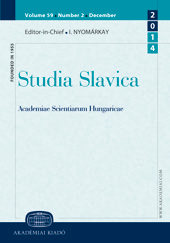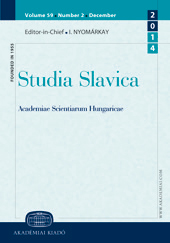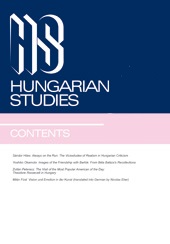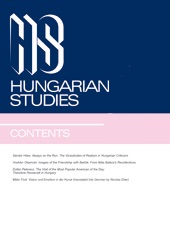Author(s): Vilmos Voigt / Language(s): English
Issue: 1-2/2007
The Hungarian Baron (then Count), Móric Benyovszky (1746–1786) was one of the best known European adventurers in the years before the French Revolution. As a young soldier he participated in a Polish uprising (1769) against the Russians, was captured by them and exiled to Kamchatka, from where he fled, and after a long journey at sea (via Formosa, Canton, Madagascar and Africa) he arrived in 1772 in
Paris. There he proposed to the Court the colonization of Madagascar and organized his first expedition to the island (1774–1776), which turned out to be a complete failure. However, he insisted on making a second attempt, offering the island first to the French King, then to the English, and finally to rich American merchants in Baltimore. He was sailing to Madagascar again (1785–1786), but was soon killed by the French soldiers there. His Memoirs and other publications about him were quickly published in French and English, as were several books in German, Dutch, Swedish, Polish, Slovak, and Hungarian immortalizing him. In 2004 the Hungarian National Library published a manuscript Protocolle (originally an official report of exculpation to the French authorities about the first expedition). My paper describes this work, and adds some source critical remarks. Benyovszky was a typical figure of his time: hero and impostor, explorer and blind reporter of an extraordinary world. The interest in his person (not only in Hungary or Slovakia) has not flagged for over two centuries.
More...




